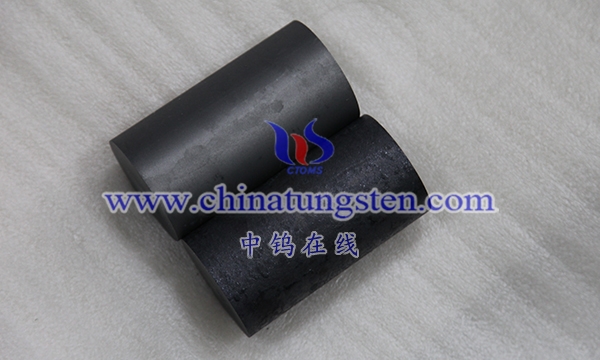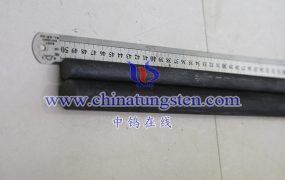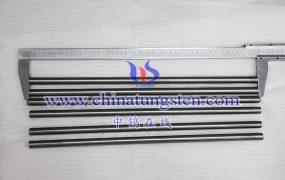The thermal conductivity of TZM alloy rods is usually about 40-45 W/(m K) at 20°C (room temperature). Thermal conductivity is the ability of a material to conduct heat under a temperature gradient, expressed in watts/meter Kelvin (W/(m K)). This value can vary according to the specific alloy composition, structure and preparation process.
It should be noted that the thermal conductivity may change at high temperature, because high temperature will cause effects such as lattice defects and ion diffusion, which will affect the thermal conduction behavior. In addition, the thermal conductivity may also be affected by factors such as the alloy’s grain size, impurity content, and processing state.
Although the thermal conductivity of TZM alloys is relatively high, it is relatively low compared to some other materials such as metals such as copper and aluminum. This characteristic makes TZM alloys more suitable as structural materials in some applications, rather than as thermally conductive materials where thermal conductivity is a priority.
For specific engineering applications, especially in high-temperature environments, other performance indicators of TZM alloys, such as high-temperature strength, corrosion resistance, and thermal stability, need to be considered comprehensively to determine whether they meet the requirements of specific applications.

More details of molybdenum or molybdenum alloy products, please visit website: http://molybdenum-alloy.com/index.html
Please contact CHINATUNGSTEN for inquiry and order of molybdenum alloy products:
Email: sales@chinatungsten.com
Tel.: +86 592 5129595





